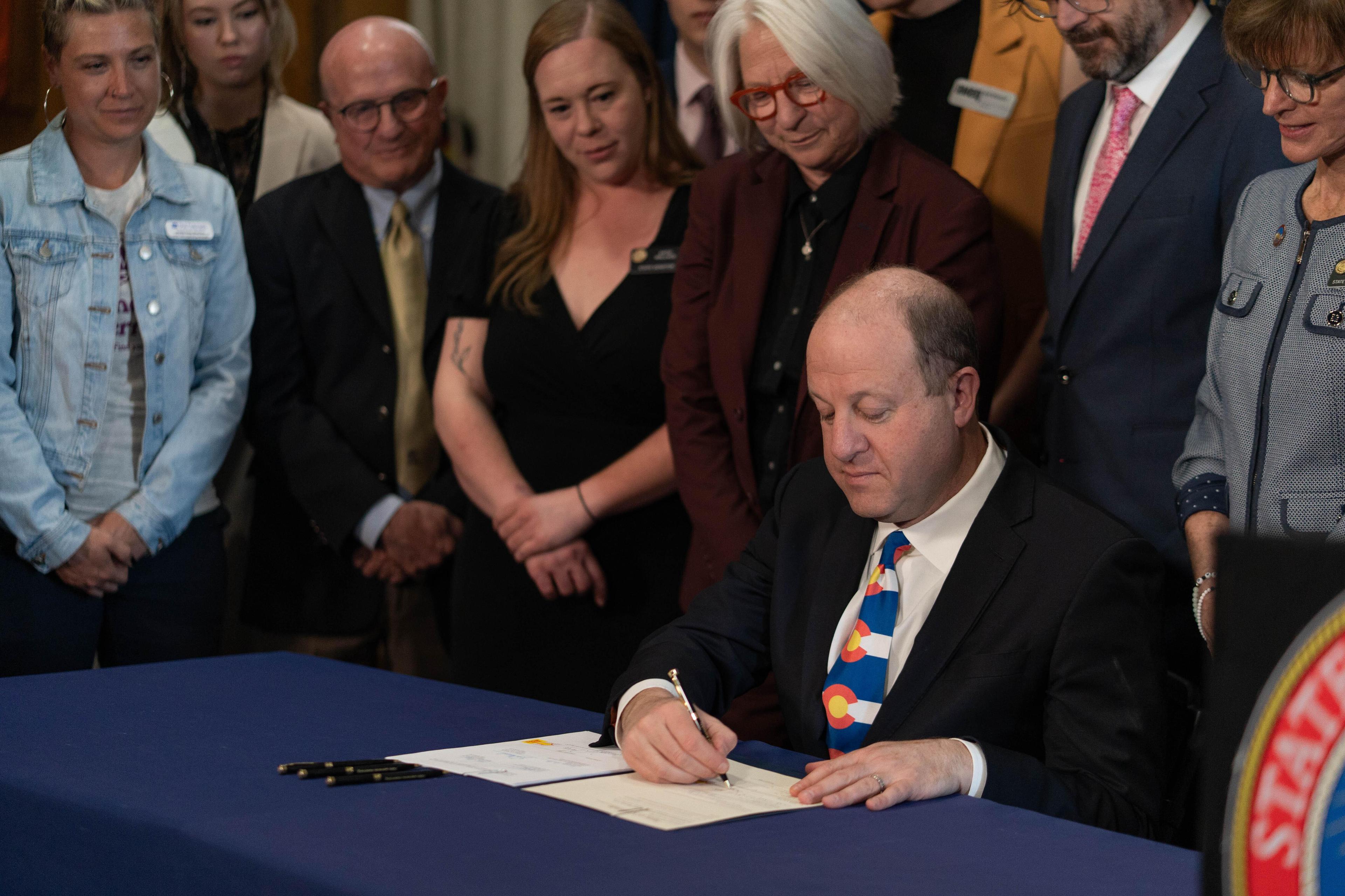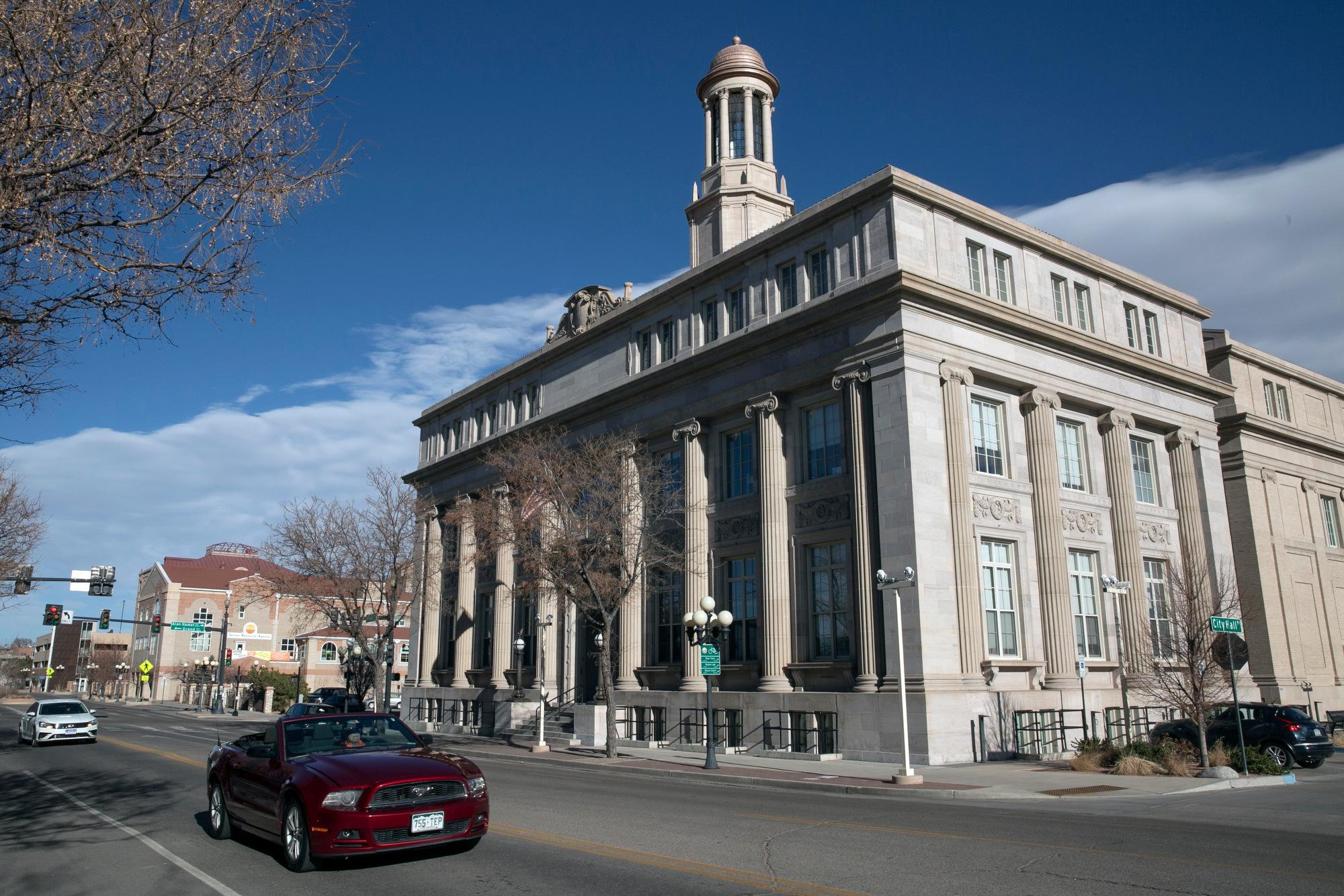
Posted 7:30 a.m. | Updated 12 p.m.
The Republican health plan backed by the Trump Administration would create a $1 billion annual shortfall in Colorado’s state budget starting in 2020, according to an independent analysis released Thursday.
That figure would grow to $2 billion a year by 2030 and could result in 600,000 Coloradans losing health insurance, the Colorado Health Institute, a nonpartisan health care think-tank, predicts in the new report.
"This is a big deal. This is a lot of money,” said Emily Johnson, a senior policy and statistical analyst at the Colorado Health Institute. The total cost to the state by 2030 would be $14 billion.
Nationally, the American Health Care Act could cause 24 million Americans to lose health insurance by 2026, the Congressional Budget Office said earlier this week. The CBO also found the bill would reduce the federal deficit by $337 billion over a decade. Some of that savings would come from cuts to Medicaid, a federal-state program that covers the poor, elderly and disabled.
Under President Obama’s Affordable Care Act, the federal government gave billions of dollars to states to expand Medicaid. That was instrumental in Colorado’s uninsured rate dropping by half by covering adults without children who make less than $16,000 a year. They were uninsured before, and that demographic would likely be left without insurance if the Republican plan is enacted.
The AHCA would gradually end Obamacare’s Medicaid expansion. Now, the federal government covers the vast majority of the cost of expansion enrollees; the state picks up the rest. By 2020, the federal share of the expansion gradually phases down to 90 percent, with Colorado covering 10 percent. Under the Republican plan, the federal government will shift much of that cost back to states.

Without that federal funding, state lawmakers would face a monumental decision: whether to find the money elsewhere, or reduce benefits and enrollments. Johnson predicts cuts to Medicaid are more likely.
"Colorado is a state where additional money that we would have to spend would have to come from something else,” Johnson said. “This is something that could have an impact that goes beyond Medicaid.”
Lt. Gov. Donna Lynne, in an earlier interview, said it would be “almost impossible” to absorb the potential loss of federal funding. Medicaid spending currently accounts for about a third of the state’s $28.5 billion budget, Lynne said.
“We're going to have to figure it out,” said Lynne, who was an executive at health giant Kaiser Permanente before entering state government. “We've got to improve the way we deliver care, but some of this is just about eligibility. We have more people that we're covering in this state. We have a population that's growing in this state and we don't have an appetite for increasing taxes, quite frankly.”
The rollback of Medicaid expansion would affect both the Denver metro area, a Democratic stronghold, and rural Colorado, where President Trump and his party did well in 2016.
“Those rural areas saw a lot of the greatest gains in insurance due to Medicaid,” said CHI’s Emily Johnson. “It’s a lot of those places that did go red that would be then seeing some of the largest impacts from a rollback of a Medicaid expansion.”
The Republican bill would also put a per capita cap on all Medicaid funding from the federal government to states. That will mean less money for state government to spend on its existing Medicaid population. Federal funding will rise with inflation, but Johnson said it won’t keep up with the cost of medical care -- especially as baby boomers age.
It’s not yet clear if the bill will make it through Congress. Committee hearings are scheduled for this week and it could go to the House floor next week. But The Washington Post reports it’s unclear whether House leaders have enough votes.








